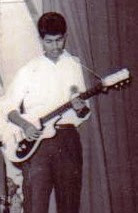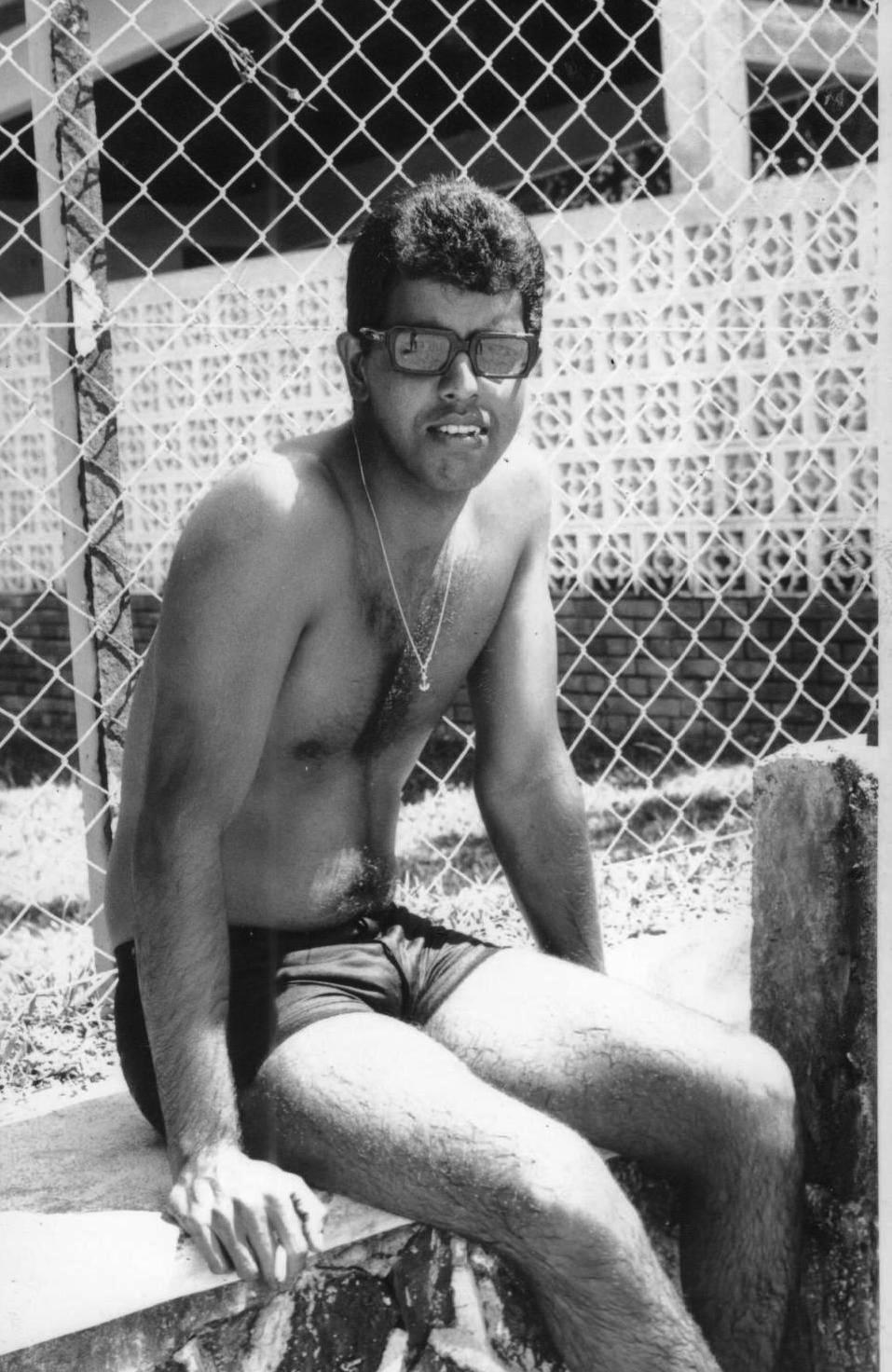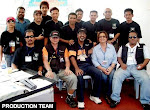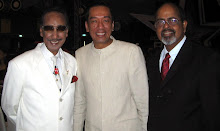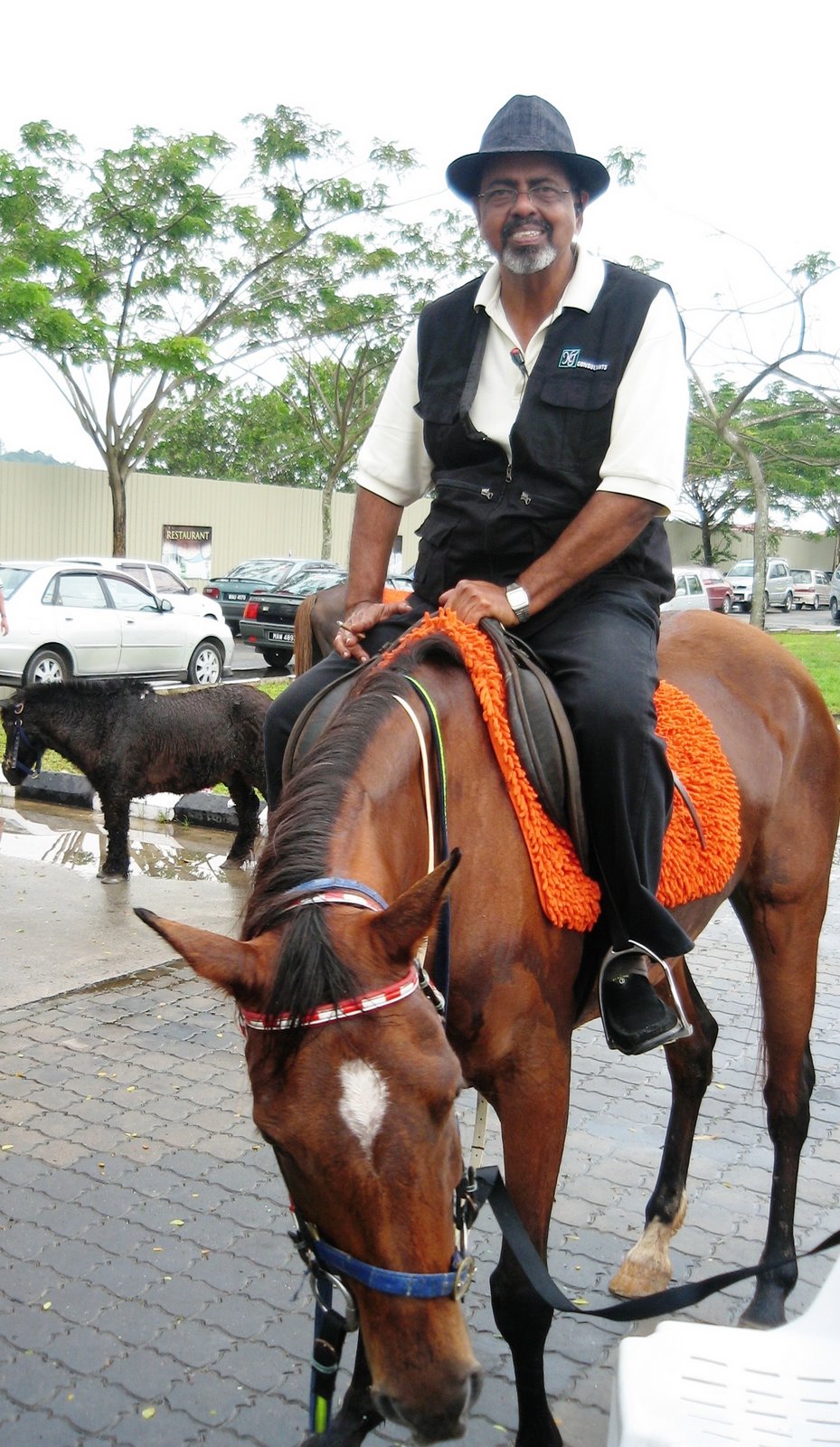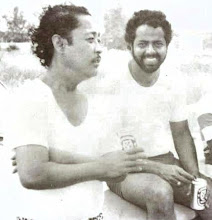
Yes, there are many teachers today who may be considered inept to deliver the History curriculum effectively for various reasons - flawed methodology, racially biased treatment of students, inadequate skills or knowledge of subject content, lack of interest etc.. While such flaws definitely need to be remedied, what I was writing about was in support of the idea to re-introduce History in the primary curriculum in Malaysia - something they had mised in recent years. It is definitely a step in the right direction to correct the over-emphasis in the sciences for more than 30 years. Curricular content, approaches and interpretation may vary but that is something different altogether. In any case, without wanting to go into a lengthy discourse on the merits of both current and Greek thoughts as well as and inaccurate interpretations of History, let me state a couple of things plainly as regards to thinking skills and children .
- Critical thinking is not exclusive to older children only.
- Critical thinking is essential for all subjects and not for science subjects only.
- If someone like Fair One had personally experienced bad teachers in his/her schooling experiences it is not fair to condemn critical thinking as a whole, in History or any other subject.
There are many current buzz words used by educators to describe the concept of thinking skills — critical thinking, Socratic thinking, creative thinking, higher-order thinking, logical thinking, problem solving skills, convergent and divergent thinking etc". However, all contain important aspects of learning that we want our children to grow up with. We all want our children to:
- Be able to analyze information, make decisions, come up with creative ideas and solve problems through both the arts and science subjects to think rationally and logically.
- Maintain their natural sense of curiosity, feel comfortable asking questions, examine problems and of course look for ways to solve problems on their own.
- become independent and think for themselves eventually.
Helping a child or student to develop thinking skills early is essential to their academic success and lifelong ability to solve problems. It is not teachers alone who are to be held accountable for child development. Parents too have their share of this responsibility. Here are some further ideas to help encourage thinking skills in children:
- At a young age itself, encourage your child to ask questions - and keep asking further questions. Always respond to your young child's questions enthusiastically.
- Start off asking questions that you know your child can answer, allowing him/her to begin with a feeling of accomplishment.
- Remember the difference between drill type questions that recall information such as "what", "which" and "where", and thought-provoking questions such as "why" and "what happens if".
- Guide your children or students towards discovering the answer on their own. Try not to tell them the answer as giving them the answer often stops the thinking process.
- Consider a wrong answer as a learning opportunity. Never criticize!
- Realize that although sometimes the process may seem to take longer, the impact of the discovery is greater.
- Respect your children's opinions and encourage them to have their own ideas.
- Help your child to be well informed about a topic before coming to any conclusions.
- Limit your child's time spent watching television and playing video games, which take away from creativity and time spent exploring.





